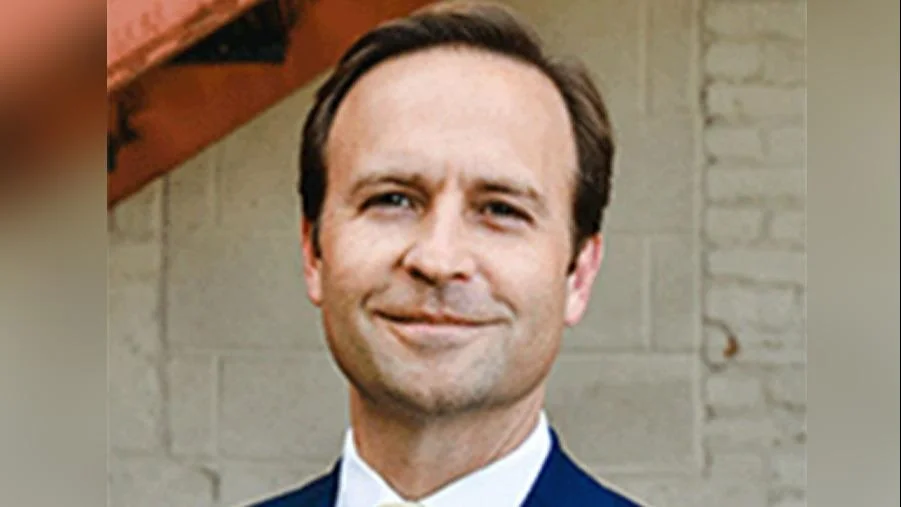Brian Calley President and Chief Executive Officer at Small Business Association of Michigan | Official website
Brian Calley President and Chief Executive Officer at Small Business Association of Michigan | Official website
With the widespread use of cell phones and listening devices, employers are facing new challenges in managing situations where employees record conversations at work. This includes everything from casual discussions with managers to formal disciplinary meetings.
Recent changes in National Labor Relations Board (NLRB) policy have affected how employers can regulate recording devices in the workplace. The 2023 Stericycle decision by the NLRB overturned previous standards set by the Boeing case, requiring that workplace rules be narrowly tailored to balance employer interests with employee rights. In an earlier decision, Cott Beverages, the NLRB allowed companies to restrict personal items like cell phones on manufacturing floors for safety and production reasons but did not permit a total ban on cell phones at work.
Under the current Stericycle standard, the NLRB examines both how work rules affect employees and whether those rules serve legitimate business interests. Policies similar to Cott Beverages would likely still be acceptable under this approach.
The NLRB also provides protection for employees who record conversations when acting together for their mutual aid or protection. According to these guidelines, recordings are protected if they gather evidence of unlawful conduct such as harassment or discrimination, are part of efforts to address workplace conditions, or involve discussions about terms and conditions of employment.
However, disciplinary action is permitted if employees do not act in concert for mutual aid or protection or if there is an overriding interest—such as protecting confidential company information—from being recorded. The Board has upheld discipline where recordings violate lawful company policies or invade significant privacy interests.
Workplace policies can prohibit recording meetings and allow discipline when confidentiality is at stake. However, human resources professionals are advised to consult legal counsel before disciplining employees over recordings related to protected activity under labor law.
On June 25, 2025, William B. Cowen, Acting General Counsel of the NLRB, issued GC Memorandum 25-07 stating that secret recordings of collective bargaining negotiations by employers or unions automatically violate federal labor law. Cowen wrote: “the basis for banning secret recordings is necessary to prevent employers and unions from creating a ‘culture of suspicion and fear,’ where people may think their every word could be used against them, which ultimately may stifle otherwise free, productive, and collaborative dialogue.”
State laws regarding recording conversations vary. In states like California (“two-party” states), all parties must consent before a conversation can legally be recorded; otherwise it could constitute a criminal offense. States such as Ohio require only one party’s consent (“one-party” states). Michigan follows a hybrid approach: individuals may record their own conversations without others’ consent—the so-called “participant exception”—but cannot legally record third-party conversations unless they themselves are involved.
For Michigan workplaces specifically: if an employee participates in a conversation with their supervisor or HR representative, they may legally record it without additional consent under state law’s participant exception. Supervisors or HR staff may express that they do not wish to be recorded and end the discussion accordingly.
Employers should review policies concerning recording devices at work while keeping in mind that state law will apply once an employee leaves sensitive areas such as manufacturing floors. Training managers on these issues is recommended to avoid potential liability risks related to improper handling of workplace recordings.
“the basis for banning secret recordings is necessary to prevent employers and unions from creating a ‘culture of suspicion and fear,’ where people may think their every word could be used against them, which ultimately may stifle otherwise free, productive, and collaborative dialogue,” wrote William B. Cowen in GC Memorandum 25-07.






 Alerts Sign-up
Alerts Sign-up